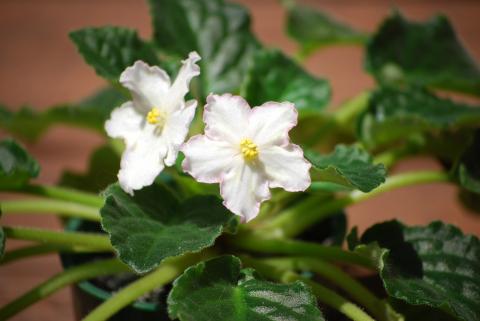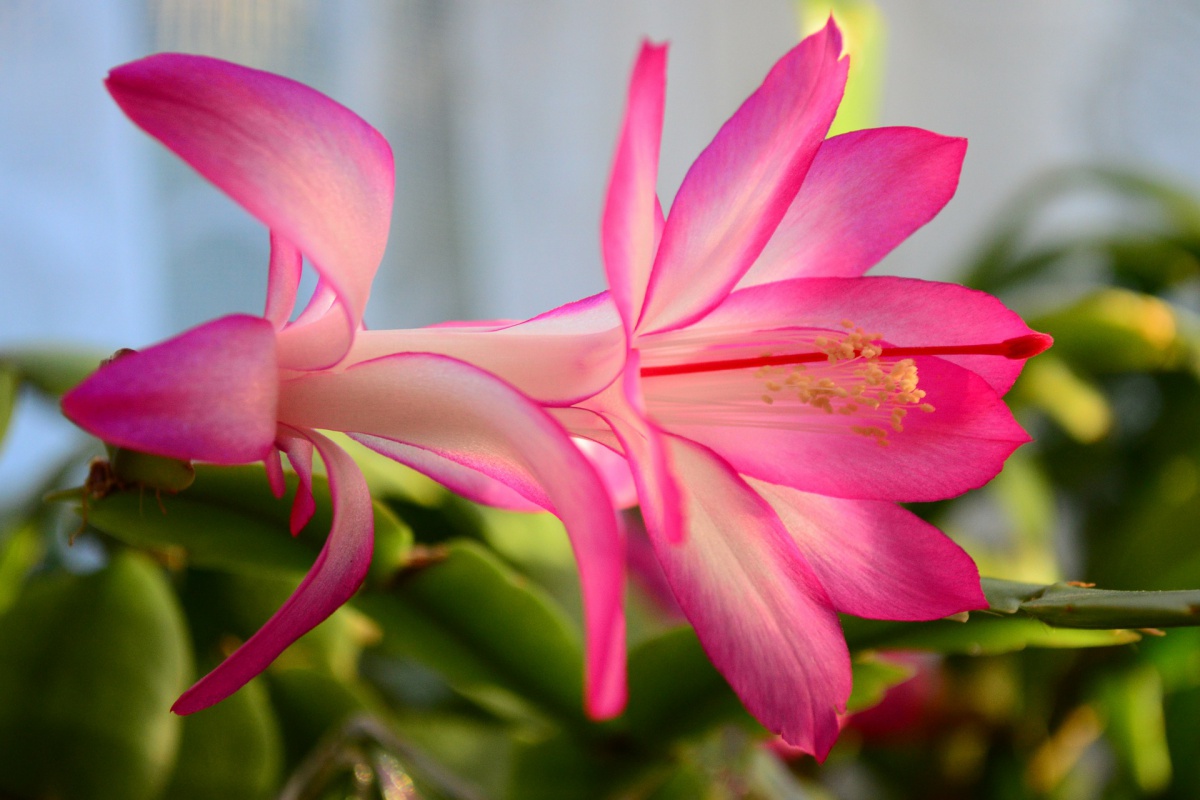Which Holiday Plants Are Safe for My Cats and Dogs?

Potted plants are very popular as gifts or decorations around the holiday season, but if you or a loved one has pets, you may need to take extra care when selecting which plants to bring home. Many pets simply can’t avoid the lure of a new potted plant or arrangement in the house. If you have a particularly curious cat or dog who you fear may sample the plants you bring home for the holidays, it’s best to make sure that the plant in question is not known to have toxic effects.
Fortunately, there are a number of plants and decorations that aren’t poisonous. Some good choices are:
- Christmas cactus
- African violet
- Phalanopsis orchid
- Bromeliad (Neoregalia)
- Rose
- Boston fern
- Peperomia
- Prayer plant (Calathea)
- Spider plant
- Swedish ivy
- Polka dot plant (Hypoestes)

A non-toxic plant could still upset Spot
Be aware that even if a plant is considered non-toxic, it could still cause vomiting or gastrointestinal upset for dogs and cats, but it should not be life-threatening. It is always best practice to keep plants out of reach if possible.
If a plant you are interested in was not listed above, check out the list of toxic and non-toxic plants from the ASPCA. If you think your pet may have eaten a poisonous plant or if you have additional questions, get in touch with your veterinarian or call the ASPCA Animal Poison Control Center hotline at 1-888-426-4435.
Related Resource(s)
Popular holiday plants that are toxic to pets if ingested
Just how poisonous these are depends largely on the size of the animal and how much is ingested. If eaten, many holiday plants have the potential to cause abnormal behavior or vomiting and diarrhea. Common toxic plants to avoid include holly (Ilex), azalea (Rhododendron), yew (Taxus), boxwood (Buxus), amaryllis, cyclamen, kalanchoe, peace lily (Spathiphyllum), mistletoe, chrysanthemum and gardenia. Poinsettia, which is probably the most popular holiday plant of all, can irritate the skin, mouth, and stomach, but its toxicity is largely over-rated.
Do you love learning about stuff like this?
SUBSCRIBE TO Granite State Gardening newsletter
Got questions? The UNH Extension Yard and Garden Infoline offers practical help finding answers for your yard and garden questions.
Call toll free at 1-877-398-4769, Monday to Friday, 9 a.m. to 2 p.m., or fill out webform.
